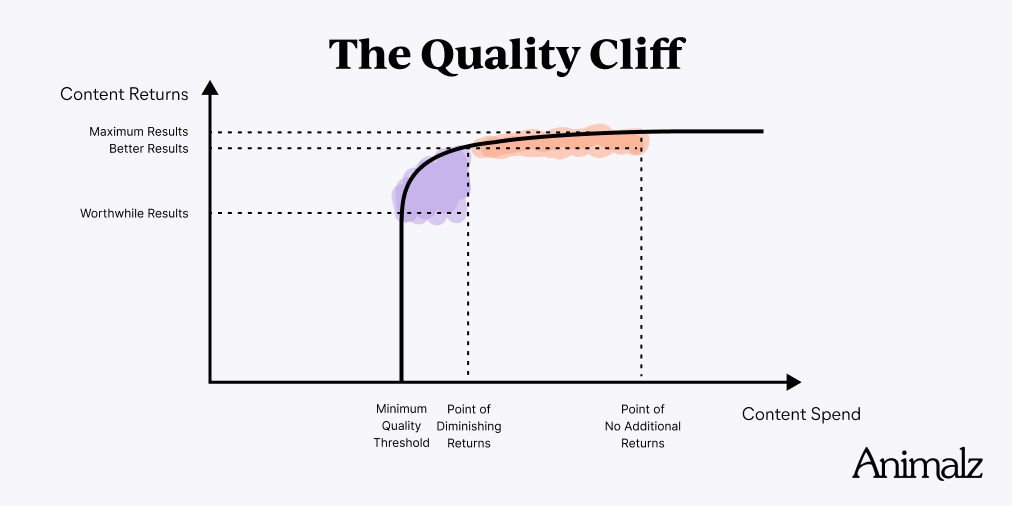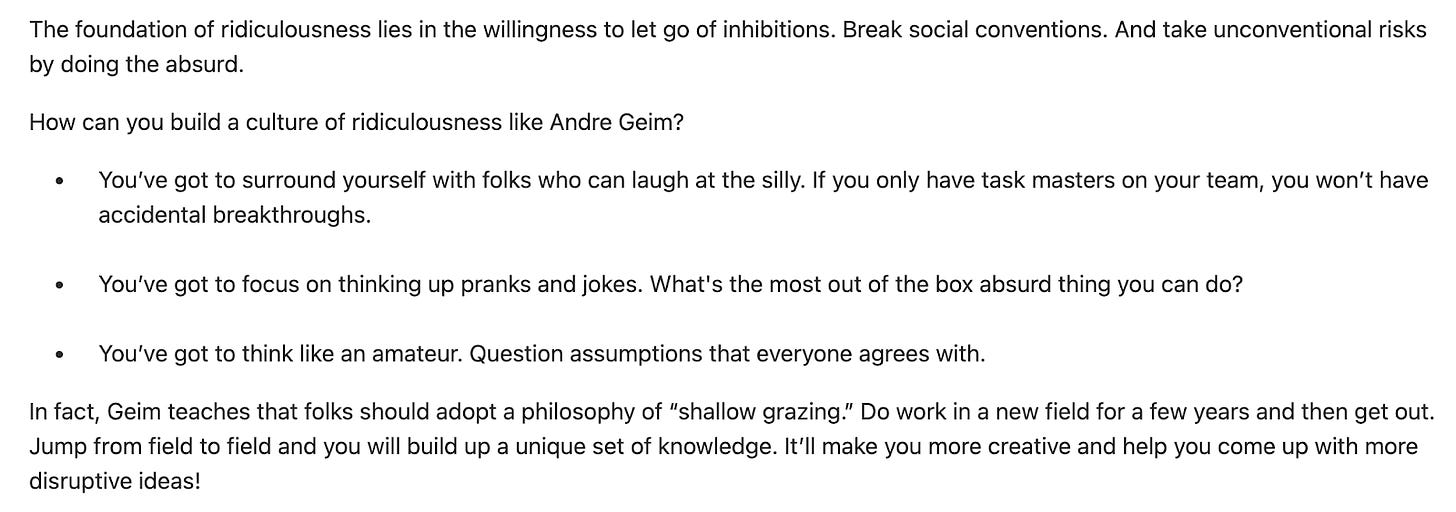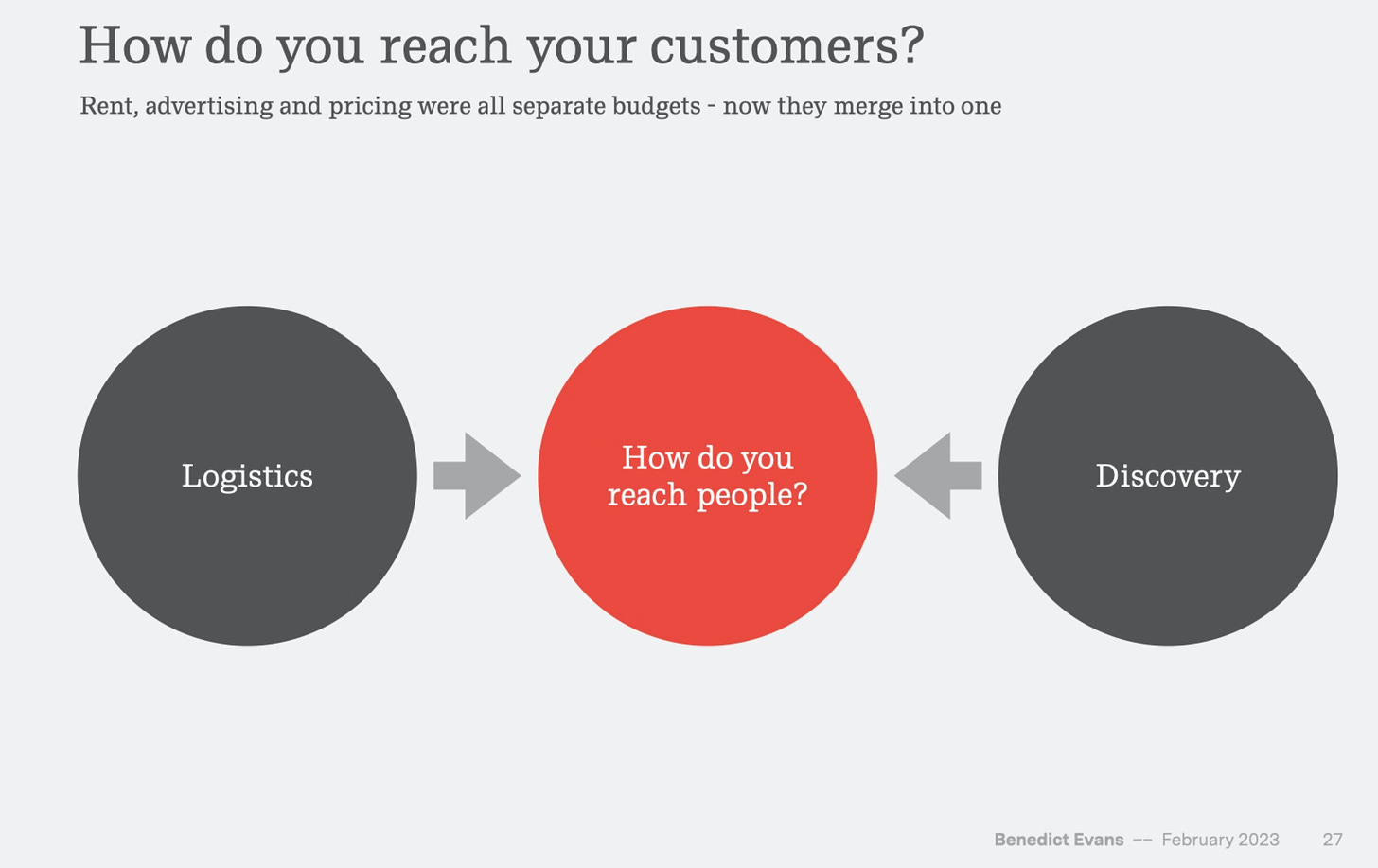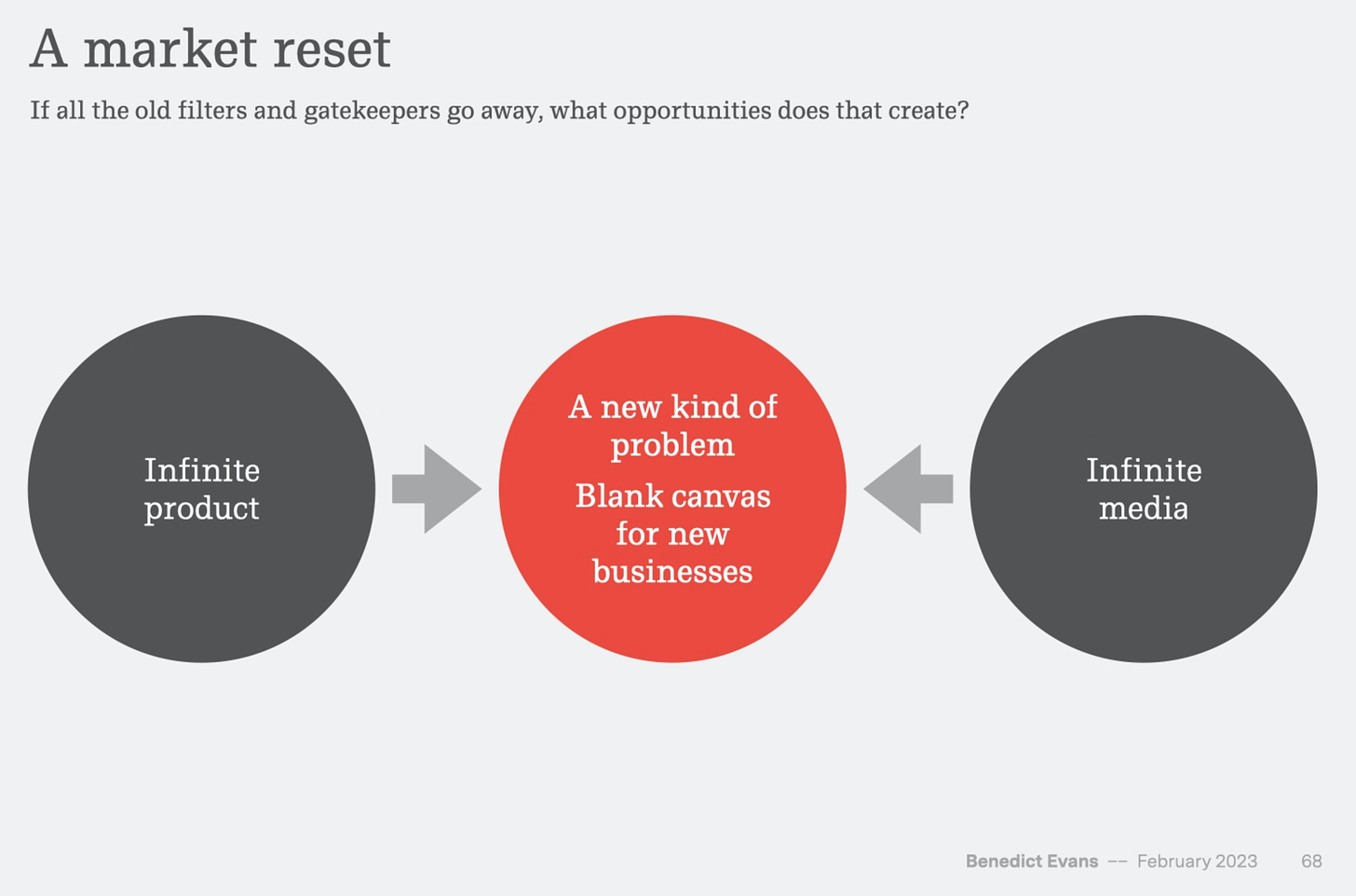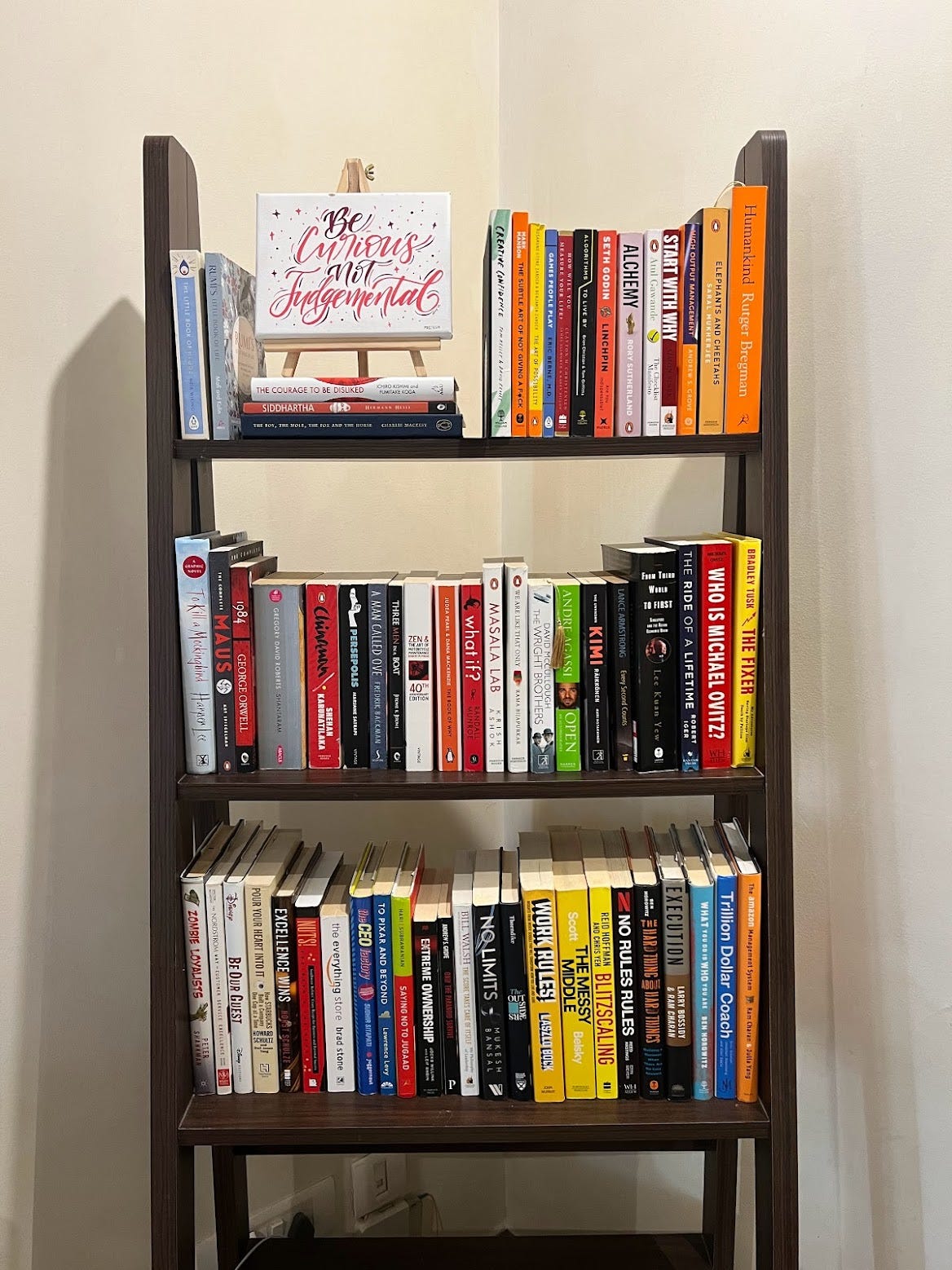#97 Get out of your own perception and into someone else’s perspective.
ONDC, Quality cliff, Curse of knowledge, BenEvan’s presentation and more
Janel had shared a brief post around qualities of a good question. The post actually refers to ideas from Kevin Kelly’s book. Here’s the 3 ideas that struck a chord with me:
A good question is one you badly want answered once you hear it, but had no inkling you could before it was asked.
A good question is a probe – a ‘what if’ scenario.
A good question skirts on the edge of what is known and not known, neither silly nor obvious.
Exploration in intention and openness for outcome are great traits in any questioning effort. It makes the discussion more fulfilling & fun.
We’ve a diverse set of things to discover today. Let’s get to them right away.
1. Better to micromanage than disengage
Will Larson’s weekly post on Engineering culture & org working have been an eye opener for me. I’m not an engineer, and have not been really good at understanding what drives half my team. His inputs cover a wider spectrum from idea to practical hacks and have been helpful in covering some blindsights.
This short essay “Better to micromanage than be disengaged” has inputs that are relevant beyond the engineering org.
Here’s the core premise of his post:
Where I’d imagined an absentee CEO would feel empowering, instead it usually meant that the executive team couldn’t move important decisions forward. When the executives did make progress, it was by accepting whatever outcome they could build consensus around, rather than making the best possible decisions. If another executive was struggling or behaving badly, the absentee CEO wouldn’t address the issue until it became dire, and executives who tried to raise concerns earlier were branded as hard to work with.
It can happen in any executive or founding team. I’ve erred on the side of becoming disengaged, but could not realize it then. Will’s inputs are like an eye opener for me.
Give it a read if you’re into managing any kind of team.
2. The Quality Cliff
Ryan Law’s short post titled “The Quality Cliff: A mental model for CMOs” is primarily focused on content that helps on the SEO & discovery front.
Here’s a simple chart explaining his idea:
Source: Ryan’s post on Animalz
Here’s is the most critical takeaway for me:
“The ability to justify a decision through concrete data means that other people can also justify (and act on) the same data. By the time something is measurable, the greatest opportunity may already be over.”
This lesson is universally applicable when it comes to quality and (may be even) consumer insights.
While we’re at the topic of data & measurement, let me plug Julie Zhuo’s fantastic essay titled “Metrics Versus Experience”. She is spot-on in articulating challenges that we all face and has some good suggestions on how to tackle them.
(via Refind)
3. How to master the ridiculous
Ankesh’s weekly newsletter surfaces useful lessons from the life and work of some of the most unspoken heroes. Ankesh has a mastery in finding & telling stories that are unique and not in the news cycles.
Below is a snippet from the post around Andre Geim and the discovery of graphene. This part answers the question - how to master the ridiculous.
(via Genius Biographies by Ankesh)
4. Antler’s deep dive on ONDC
ONDC promises a future of e-commerce unlike anything we’ve seen so far. The development & structure that evolves over next few years will show us early glimpses of the same.
In #69, I had shared The Indian Dream’s deep dive on ONDC. Since then, I’ve been actively looking for good conversation on this topic.
Antler’s recent deep dive on ONDC captures some good learning and insights from the work done so far. Here’s some highlights from the post.
The key premise of ONDC is based on two concepts: Unbundling and interoperability. ONDC does this by breaking a typical commerce transaction into parts (unbundling) and creating protocols so that everyone on the network can seamlessly work on these unbundled parts (interoperability). Unbundling unlocks value. When every step of a commerce transaction is opened up, players focussing on one specific step can innovate.
One immediate opportunity for anyone looking to build on this side of the network is making delayed/deferred gratification a feature. Buyer apps will have to communicate and coordinate with at least three parties for a transaction. This will not give users the instant gratification of apps today right away so apps will need to make up for that through a customized fulfillment experience and offering true choice.
(via nandiniv on Twitter)
5. The New Gatekeepers
The New Gatekeepers by Benedict Evans explores macro and strategic trends in the tech industry. It’s focused on the US markets, but the observations seem applicable at global level as well. The following three slides caught my attention.
If you follow anyone from the Indian startup ecosystem, you would have already seen (the report or one of its many summaries) of the Indus Valley Annual Report 2023 by Blume Ventures. You can give it a read if you want to see a similar commentary in the Indian context.
These reports share some new references to read macro trends & understand their impact on startups & business in general. If you’re not up for that kind of exploration, you can safely skip these.
6. Curse Of Knowledge
Chris Meyer’s short essay on Curse of Knowledge is an eye opener. We’ve all experienced such a behaviour, but did not really have a name for it.
Here’re a couple of snippets that outline how this bias creeps in and can impact someone’s behaviour.
The Curse of Knowledge is a cognitive bias that arises from having a greater understanding of a particular topic. It’s a phenomenon whereby those who possess more knowledge about a given subject find it difficult to relate to those with less familiarity. This can lead to misunderstandings, miscommunication, and even conflict.
Especially masters in their field possess something akin to unconscious competence. Their expertise has become intuitive. They don’t think anymore. They just do. And it works. The downside of this level of mastery is the inability to teach others to do the same. This renders even the most skilled expert an ineffective teacher. As a result, the more knowledgeable individual may come off as condescending or patronizing, even if that is not their intention.
(via Refind)
7. Everything else
Some random goodness from the internet:
How you save a contact on your phone reveals a lot more than you think it does. What do you think? (via Twitter)
Chris Silverman’s #notesArt is drawn with his fingers on a screen the size of a 3-by-5 card, using drawing tools that were designed for annotating documents, not making artwork. Beautiful art in spite of the limitations of the medium. (via Sidebar)
A thread for some of the most popular video techniques in gif form. (via Storythings)
On good taste - fantastic read from Stoa blog. One of the best articulations of a quality that we all aspire to have but don’t have a clear understanding of. (via Stoa blog)
The Violin Doctor - John Becker repairs the world’s most fabled — and expensive — instruments. (via Joost Plattel)
Becker’s restoration process reminded me of some ideas that Prof Errol D’souze had picked up in his tract on restorations in IIMA campus - “Conception, Creation & Corporeality”. (Warning: Long read)
How different colors got their name? (via BrainPint)
Title of today’s post was taken from Chris Meyer’s essay on the Curse of Knowledge.
Before we sign off, I wanted to share a view of my personal library at this moment.
Which books come to your mind, if you had to
Borrow from this collection,
Recommend to be added to this collection?
That's all for this week, folks!
I hope I've earned the privilege of your time.
If you enjoyed this post, show your love by commenting and liking it. I write this newsletter to share what I learnt from others. If you learnt something from this today, why not share it with a couple of your friends to continue this chain?




